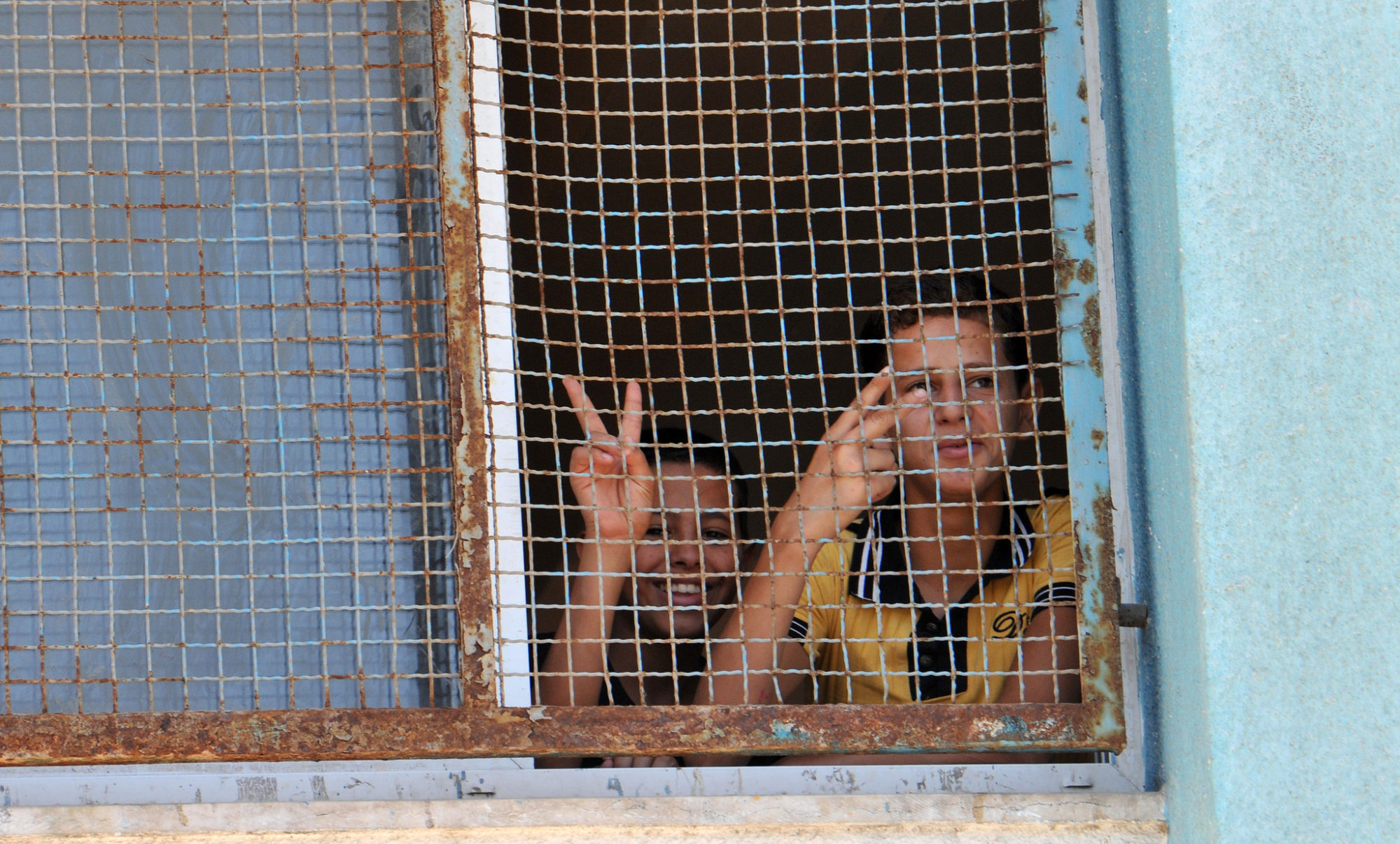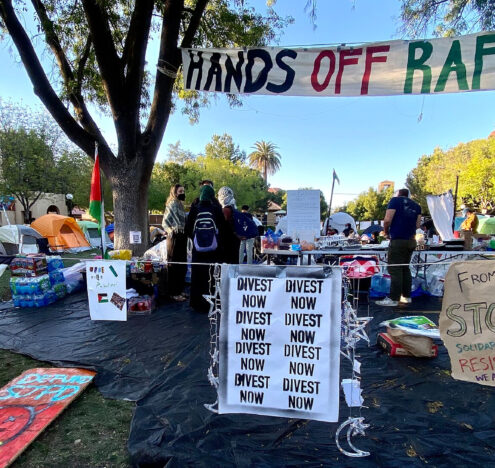Palestinians have not possessed a unified political voice in more than a decade. After the Hamas political party won general elections in Gaza in 2006, a parallel government was formed, violence in the region intensified, and a civil war between Hamas and the rival Fatah party began. The Palestinian political process has struggled to retain legitimacy and unity in this environment, and as a result, progress has slowed in one of today’s most pressing geopolitical issues. A divided Palestine has been ineffective in negotiations with Israel, due in part to little national solidarity and in part to violent attacks on Israel by groups like Hamas. But today, we appear to be at a critical juncture. The announcement of a reconciliation agreement between Fatah and Hamas brokered in Egypt could bring real negotiating power to Palestine, though it may still be too early to tell if the deal will succeed.
Recent dynamic shifts in the Israel/Palestine political struggle have cast doubt and uncertainty over the region’s future of governance. After facing years of dwindling support and fighting with the Israeli Defense Force, Hamas announced that it would hand control of the Gaza Strip over to President Mahmoud Abbas of the Palestinian Authority. The militant group’s recent May elections, in which Ismail Haniya was chosen as the group’s leader, likely impacted this change in direction. Soon afterward, Hamas changed its written policy to remove any language of violence or the destruction of Israel as a likely attempt to improve relations with the non-violent ruling Fatah party. Palestinian Authority officials claim that this tentative reconciliation agreement is an important step in achieving the Palestinian dream of “putting an end to occupation, and to have a Palestinian, independent, sovereign state.”
But the success of the deal could complicate America’s role in the Middle East. Israel is one of the US’s staunchest allies in the beleaguered region, and a weakened Israel could weaken America’s standing in local conflicts. The integration of Hamas into the Palestinian Authority further complicates America’s role, as the US is legally prohibited from negotiating with Hamas due to its designation as a terrorist organization. As a result, America may be forced to step aside in one of the most important negotiation processes in the Middle East. The result could change the power dynamic in the region. Because many current alliances were formed in response to the Israel/Palestine question, a shift in Palestinian leadership could lead to further reconsiderations of strategic associations, even with the United States.
What is good for America, however, is not always good for the world. There is a chance that, yes, if the deal is successful American influence in the Middle East could hang in the balance. But increased political solidarity in Palestine could mean a more secure future for the Palestinian people, a chance for statehood, reduced violence against Israel, and a chance, however small, at increased peace in the region.





















